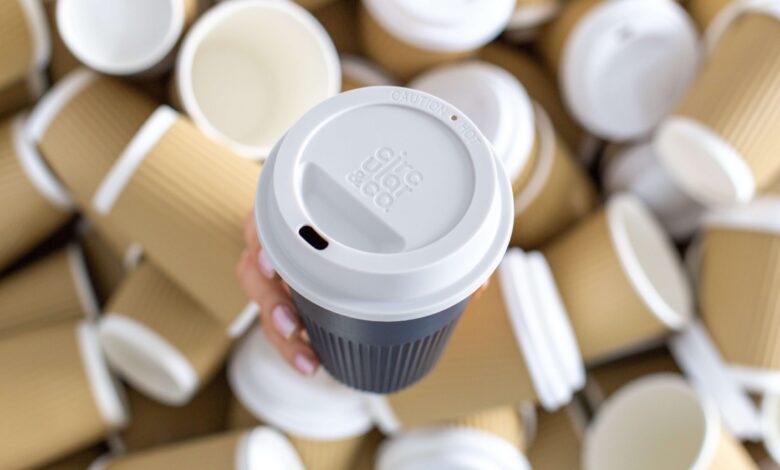Circular&Co. and the rise of returnable packaging
Circular&Co. has worked with large global brands such as Starbucks and Burger King on returnable and reusable packaging to aid in sustainability targets. As some 5,000 hospitality venues begin their zero carbon journey, here is something to consider

The industry is waking up to the urgency of addressing environmental issues, and the catering industry is no exception; UKH has recently announced that some 5,000 hospitality venues across the UK have begun their net zero journey, thanks to the industry body’s partnership with Sky Zero and Zero Carbon Forum on a carbon calculator.

